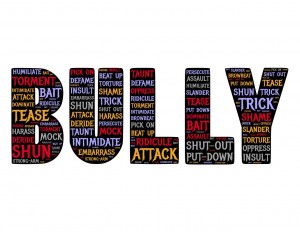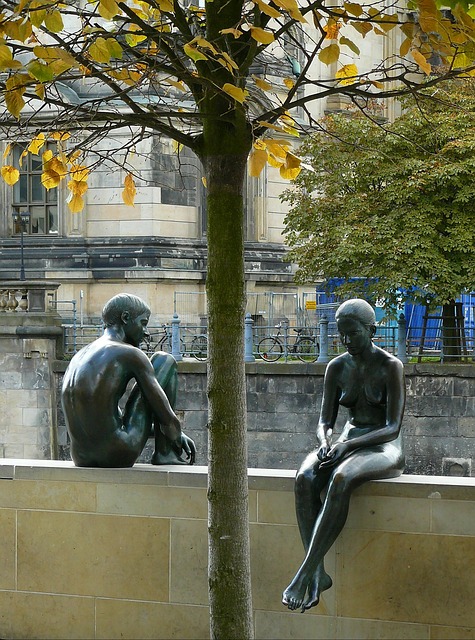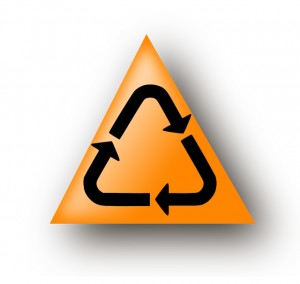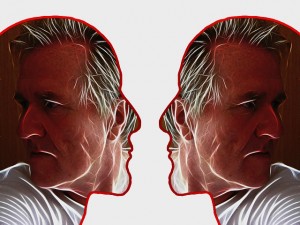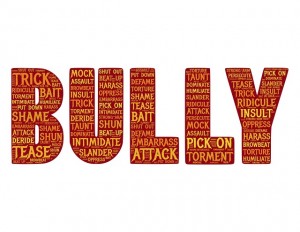Echo bullying is a term I’ve developed based on both personal and clinical experiences. It is a phenomenon that occurs long after the bullying ends. It is an internal self-depreciation that continually underlies the former victim’s self-perception. The depreciating internal dialogue perpetuates the past bullying (usually sub-consciously). This internal dialogue is the echo of the bully’s message to his former victim.
Bullies direct hurtful comments or behaviours at you, and then you walk away and think nothing more of it or you may even try to repress or distort the memory of it while trying to convince yourself that you don’t care. Continue reading
*The views expressed by our authors are personal opinions and do not necessarily reflect the views of the CCPA
